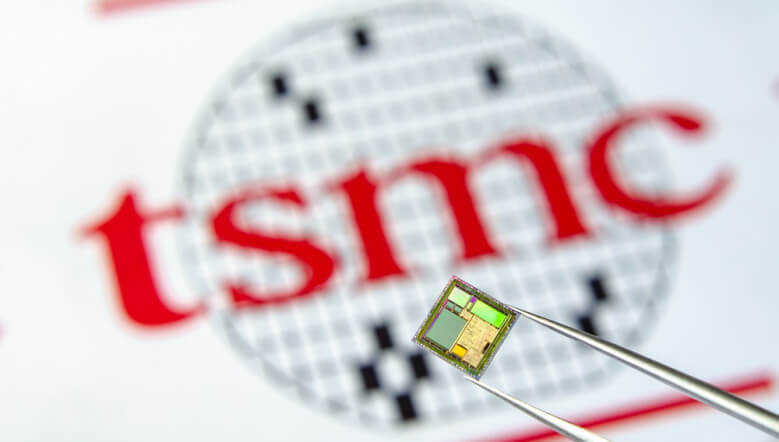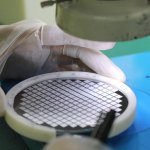Cisco CEO – Global chip shortage to last for most of this year

- Networking giant Cisco has said the shortage of computer chips is set to last for another six months
- The providers are building out more capacity and that is expected to improve the situation over the next 12 to 18 months
- The disruption is also affecting domestic appliances like toasters and washing machines
If you are in the market for a new car, smartphone, or washing machine this year, you would have to wait a while – and maybe even pay a premium. The current global chip shortage was expected to subside by mid-this year but unfortunately, semiconductors are still scarce as a late-2021 recovery market recovery remains fraught with uncertainty.
The chief of American technology conglomerate Cisco Systems Inc., Chuck Robbins reckons that the global shortage of computer chips is set to last for most of this year – a drawback triggered by the Covid-19 pandemic and exacerbated by other factors. The chip shortage was initially concentrated in the auto industry and it was the pandemic that helped plunge the global economy into recession last year, upending supply chains and altering consumer shopping patterns. Carmakers cut back orders for chips while tech companies, whose products were boosted by lockdown demand, snapped up as many as they could.
Other unprecedented recent events like the US government sanctions on Chinese technology companies and extreme weather, have also contributed to the chip supply shortage. “We think we’ve got another six months to get through the short term. The providers are building out more capacity. And that’ll get better and better over the next 12 to 18 months,” Robbins told BBC.
A large increase in demand for 5G, cloud computing, the internet of things, and artificial intelligence are among the reasons why that expansion of capacity will be crucial. Truth be told, the computer chips in the highest demand are not particularly sophisticated or expensive. The upside (or downside, by this point) is that they’re indispensable components, used in everything from kitchen appliances to washing machines and electronic gadgets like wearables.
With the bulk of chip production concentrated in a handful of suppliers, analysts warn that the crunch is likely to last through 2021. According to Goldman Sachs, 169 US industries embed semiconductors in their products. The bank is forecasting a 20% average shortfall of computer chips among affected industries, with some of the components used to make chips in short supply until at least this fall and possibly into 2022.
The seemingly insatiable demand is why major US manufacturer Intel announced a US$20 billion (£14.5 billion) plan to significantly expand production, including two new plants in Arizona. The US-based Semiconductor Industry Association admitted that 75% of global manufacturing capacity is in East Asia, with Taiwan’s TSMC and South Korea’s Samsung are the dominant players. Even Intel chief executive Pat Gelsinger told the BBC it was not “palatable” to have so many chips made in Asia.
YOU MIGHT LIKE

Biden: US must invest to overcome semiconductor shortage
That said, US President Joe Biden also sees this as a long-term issue and used a White House summit with business leaders this month to urge them to make the country a world leader in computer chips. Amid the trade and technology war with China, the White House says it is “a top and immediate priority”. In fact, European politicians also want more chips made locally, a view partly driven by concerns over China’s desire to achieve reunification with Taiwan. Meanwhile, China has seen a huge growth in domestic demand for chips to power new technology but has only a small share of global manufacturing capacity.
TSMC on the other hand appears intent on holding on to its position as the world’s biggest contract manufacturer and is spending US$100 billion to expand capacity over the next three years. Even Samsung Electronics said on Thursday that it will maximize its foundry production capacity to cope with soaring demand for semiconductors, as global automakers and other manufacturers struggle to secure enough for their products. Its second production line in Pyeongtaek, south of Seoul, South Korea will start mass production in the second half of this year to handle the rising demand for chips designed by fabless customers, in which companies outsource production.









